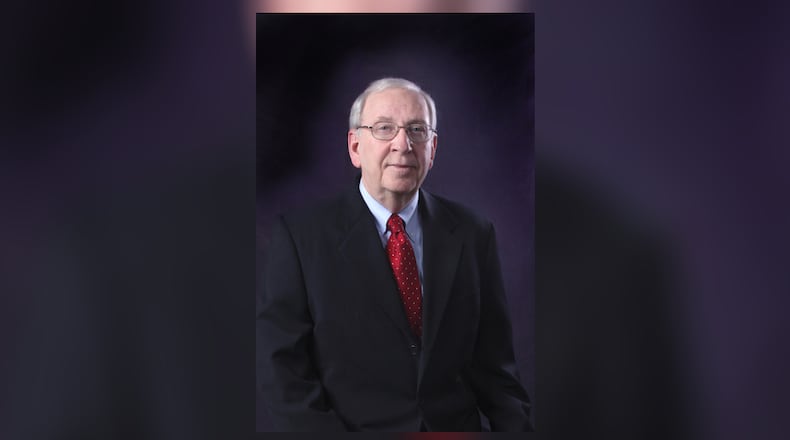For the principle of equality, Jefferson invokes “the Laws of Nature and of Natures God,” a concept that rests solidly in the secularism of the Enlightenment. In First Principles, Thomas Ricks writes, Jefferson chose these words carefully because he “emphatically wanted no establishment of religious authority or tests of belief.” Governments are not divine; they receive their authority from the governed — from the people.
Vincit Amor Patriae. On July 4, 1863, rebel forces surrendered to Grant at Vicksburg, and the Mississippi was now “unvexed to the sea.” The day before, the rebel army was defeated at Gettysburg. The great Civil War to end America’s original sin had reached a tipping point. After more bloody battles, the Union would prevail. Slavery was wrong and incompatible with the idea of equality. According to Republican Senator Carl Schurz, the XIII, XIV and XV amendments that resulted from the war were the “Second Founding,” “a constitutional revolution.” Not only did these amendments abolish slavery, but were, according to their authors, guarantees of Jefferson’s natural laws of equality. Equality for the Black Man. Unfortunately, when Reconstruction ended, freedom for Black men and women disappeared with federal troops and equality was delayed and justice delayed is no justice.
On July 4, 2022, we again celebrate this founding document, but we should remember the words of Lincoln that, “The declara[tion] ‘that all men are created equal’ is the great fundamental principle upon which our free institutions rest….They meant to set up a standard maxim for a free society, which should be familiar to all, and revered by all; constantly looked to, constantly approximated, and thereby constantly spreading and deepening its influence, and augmenting the happiness and value of life to all people of all colors everywhere.”
This July 4th we should re-dedicate ourselves to a new birth of freedom — and “that government of the people, by the people, for the people, shall not perish from the face of the earth.”
We should resolve that we will make this Republic a place where there is equality. Where there is no fictional status defined to exclude persons from the benefits of our society. A place where women are free to choose and where people count more than corporations, a place where hunger is forbidden and opportunity is equal.
For Jefferson, virtue was essential. “Virtue was about putting the common good before one’s own interests.” “As John Meacham has pointed out, Jefferson believed that liberty depended on the moral disposition of the populace. Governments are made by men, and receive their powers from “the consent of the governed.” The Declaration’s power comes from not only what we are, but what we can become.
As Martin Luther King said: “The American axion that all men are created equally reminds us — and we should think about it anew on this Independence Day — that every man is an heir of the legacy of dignity and worth.”
David Madden is a retired trial attorney, a mentor at the University of Dayton Law School and a spokesperson for the ACLU.
About the Author
